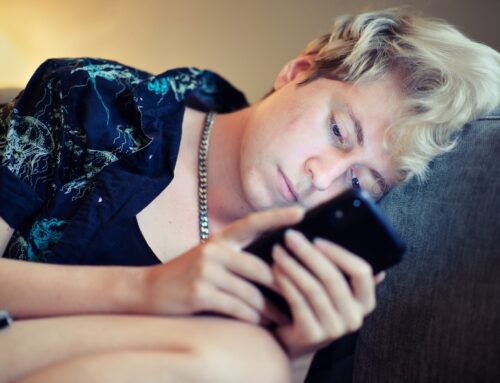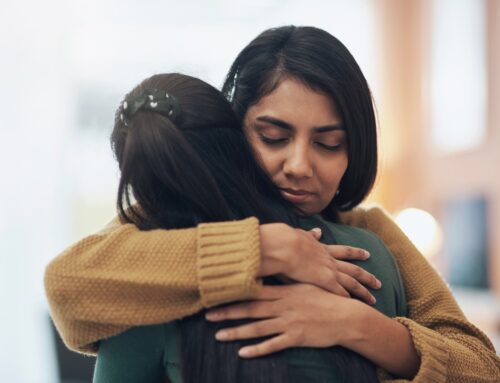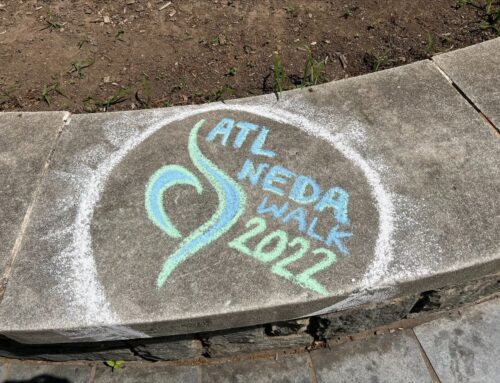When an individual is in a relationship with Ed, it’s not a healthy one in many ways; however, when you are in it, you don’t see it as unhealthy. It takes time, patience, trust and commitment to realize the abuse Ed has delivered and the need to break free from him. When that process of leaving Ed has begun, it is important to surround yourself with support, of varying kinds, and learn to build healthy relationships to help support you and help you discover your true authentic self.
To help me maintain healthy relationships during my recovery a multitude of things went into play. They were all difficult in their own ways but all equally vital. First, I had to continue to commit to eat 100% of my meal plan for I knew that if my body and brain were not properly nourished, my true self and personality would be lacking because I was malnourished. So, I took bite after bite, cried a lot doing it and ate my meal plan so I would have the energy and brain power to have healthy relationships.
Second, was being honest with others about how I felt….about anything. If I was feeling upset about something someone said or if I was overwhelmed by something that happened that day, I would tell that person how I felt in order to keep the lines of communication open. In doing this, I was being honest to my friends and family and to myself. In being honest, it showed Ed that I wasn’t going to lie for him, about him or because of him.
Third, was I committed not to isolate. Ed likes isolation and in doing that, it only gets the relationship with him stronger and that is the relationship I didn’t want to strengthen, so I made a commitment to make plans with my friends or family at least twice a week to “see” them. In seeing them, it helped me get more comfortable being social (which was a fear for people to see me) and helped me gain confidence in the relationships I was building…all without Ed.
Fourth, I spoke to my friends and asked if they would help me learn not to isolate so maintaining healthy relationships would become normalized in my recovered life. So, I asked them if they would commit to either call, text or email me to say hello and connect with me if they didn’t hear from me for about a week. This way if I was struggling and having a hard time, their connection offered me the ability to reach out and continue to practice a healthy friendship. As time went on, connection with my friends became easier, less scary and I felt seen rather than feeling invisible.
Maintaining healthy relationships during recovery from anorexia, bulimia, or binge eating disorder is difficult and work, but it is a step in the process of building a life full of health, freedom and true love and respect. Remember, one of the most important relationships you can have is the one with yourself. Show yourself love, respect, honesty, kindness and patience. Shine on!
With health, hope and strength,
Cheryl
####






